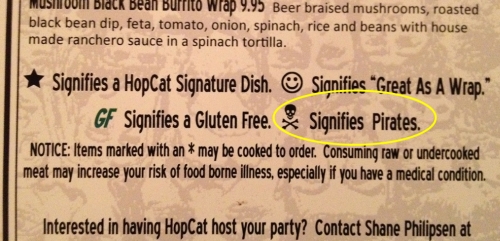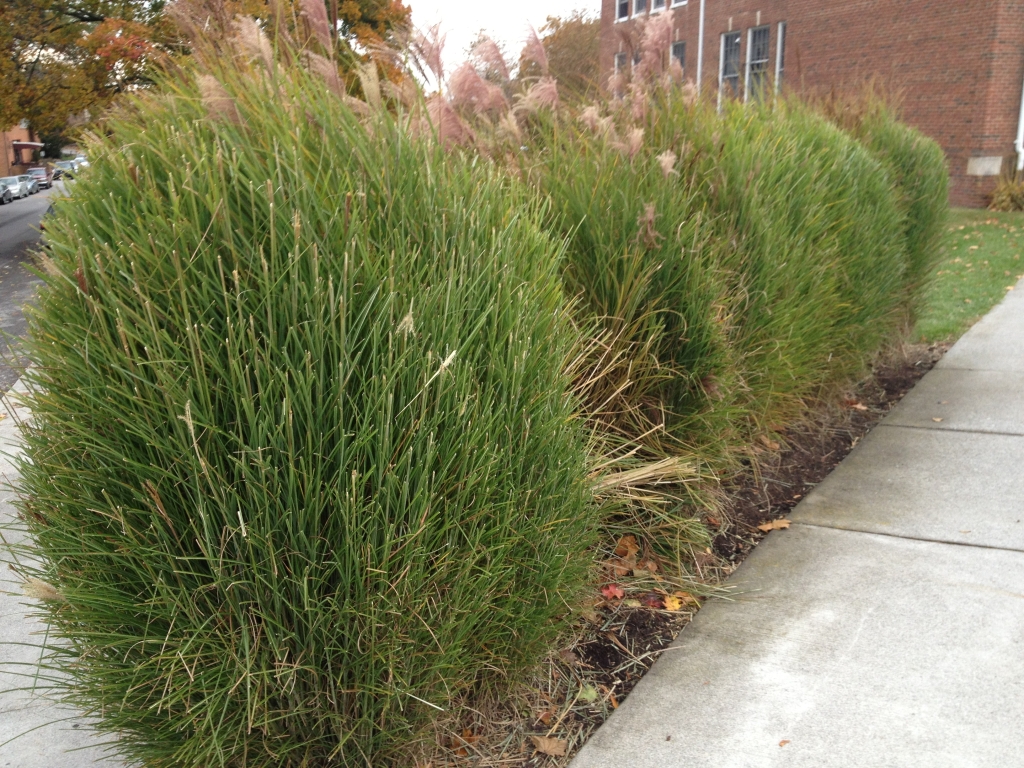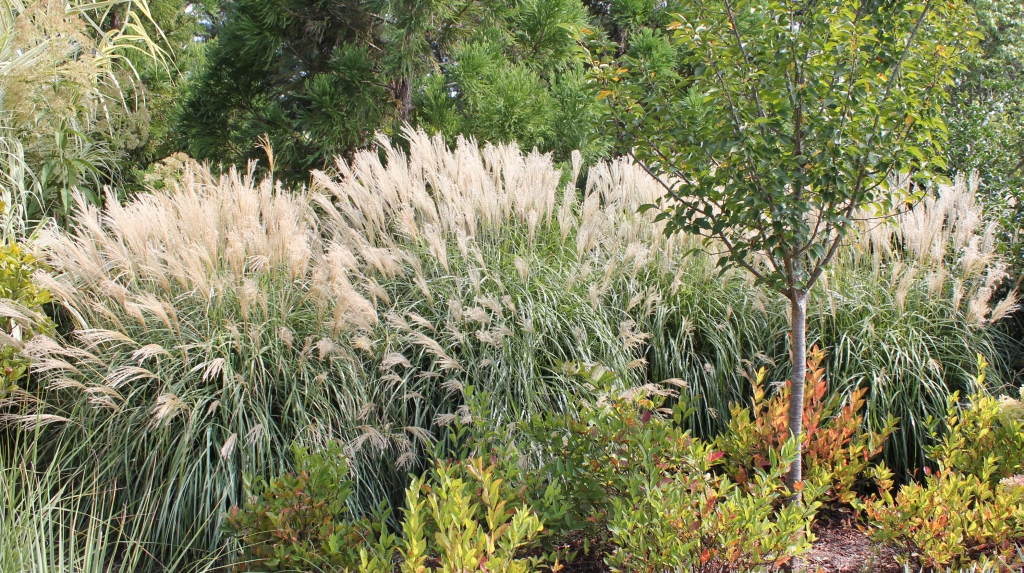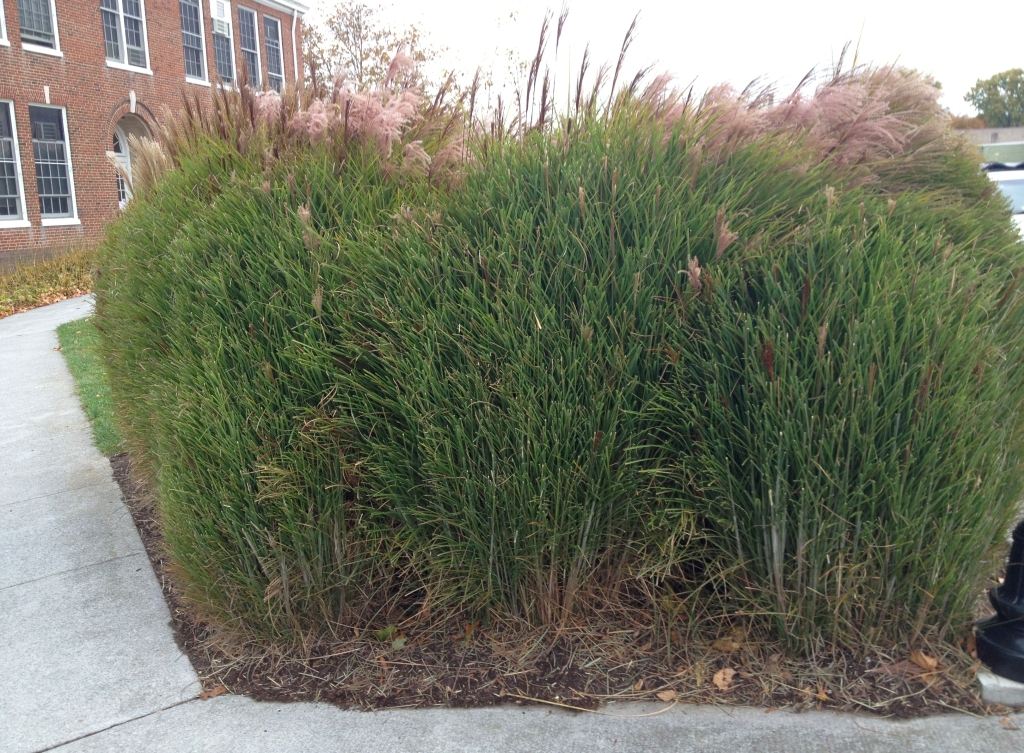
I’ve written about ornamental grasses previously – they really are one of the toughest, most useful yet under-appreciated groups of garden plants. Most provide at least three seasons of interest, but fall is when they really shake their pom-poms.
On a recent conference trip to western Michigan with pal and plantsman Paul Westervelt, we stopped by the trials at Walter’s Gardens of Zeeland – one of the largest perennial propagators (wholesale) in the country.
It was a beautiful, breezy day in their extensive gardens, and the grasses were positively alive with light and motion (and kittens – seven or eight, I think). What a fantastic afternoon.
Here are a few recent introductions that knocked our socks off. All are hardy to at least USDA Zone 5, heat tolerant to Zone 8 or 9, and the non-natives have been screened for any invasive tendencies. All are patented.
Panicum virgatum ‘Dust Devil’
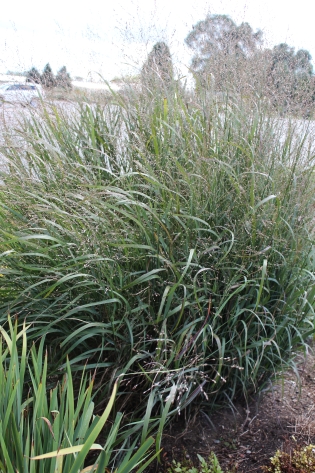
There are many great cultivars of our native switchgrass out there; but few come in under 6’ or 7’ – problematic for the small garden. Dust Devil is comparatively petite – 3 to 4 feet tall, blue-green foliage, and resists the rain beat-down that often happens to the rangy cultivars. Selected by Michigander Gary Trucks.
Pennisetum alopecuroides ‘Burgundy Bunny’
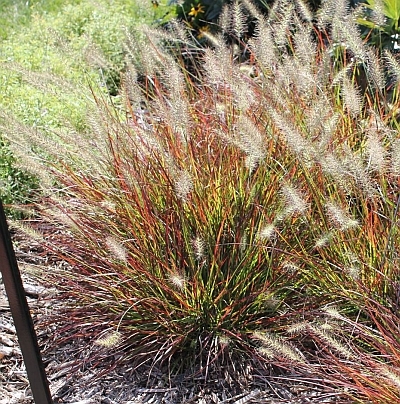
Paul and I were especially impressed by this sport of ‘Little Bunny’. I’ve grown tons of ‘Little Bunny’ which is eminently useful for a pouf of “grassiness” at the front of the border. ‘Burgundy Bunny’ brings terrific color that only gets better in the fall, in the same small package. From Walla Walla Nursery and introduced by Plant Haven.
Paul models Pennisetum alopecuroides ‘Red Head’

Nothing petite about this monster Fountain Grass. Wow. 5’ tall and as wide, with gigantic foxtail plumes. As with most Pennisetum species, the show starts mid-summer and continues through fall. Selected by the perennially prolific Brent Horvath of Intrinsic Perennials.
Schizycharium scoparium Blue Heaven™ (‘MinnBlueA’)
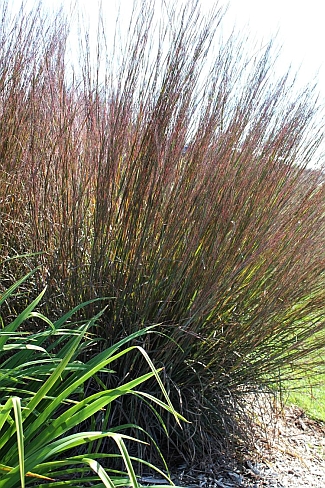
Selected by grass maven Dr. Mary Meyer from her trials at the University of Minnesota. Mary has found a nice Little Bluestem that has outstanding foliage color (gets even better as the season progresses) and a very upright habit that fights the flop. Native across much of North America and perfect for awful sites, Little Bluestem laughs at clay, heat, and drought, once established.
Andropogon gerardii ‘Indian Warrior’
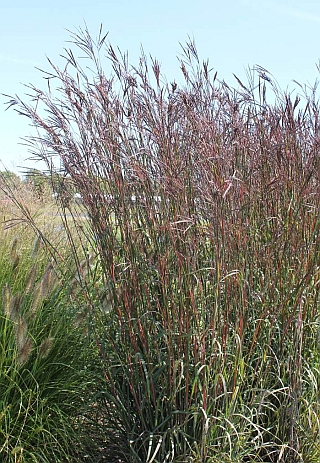
Little Bluestem’s big brother of the tall grass prairie. Another upright flop-fighter, this Big Bluestem is from Brent Horvath/Intrinsic. I’ve enjoyed Andropogon in my garden (got it from Paul) – the colors are amazing- but by summer’s end, they’ve flopped all over their neighbors. Can’t wait to give ‘Indian Warrior’ a try.
Lots more info on these and other grasses and perennials at Walters Gardens’ consumer portal www.perennialresource.com
Kittens in the grasses. Ahn.
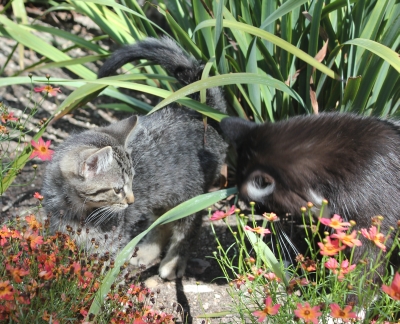
Finally: when in Grand Rapids, stop by HopCat for a tremendous selection of Michigan craft beers and hard ciders and the suitably-name Crack Fries (yes!!!).
